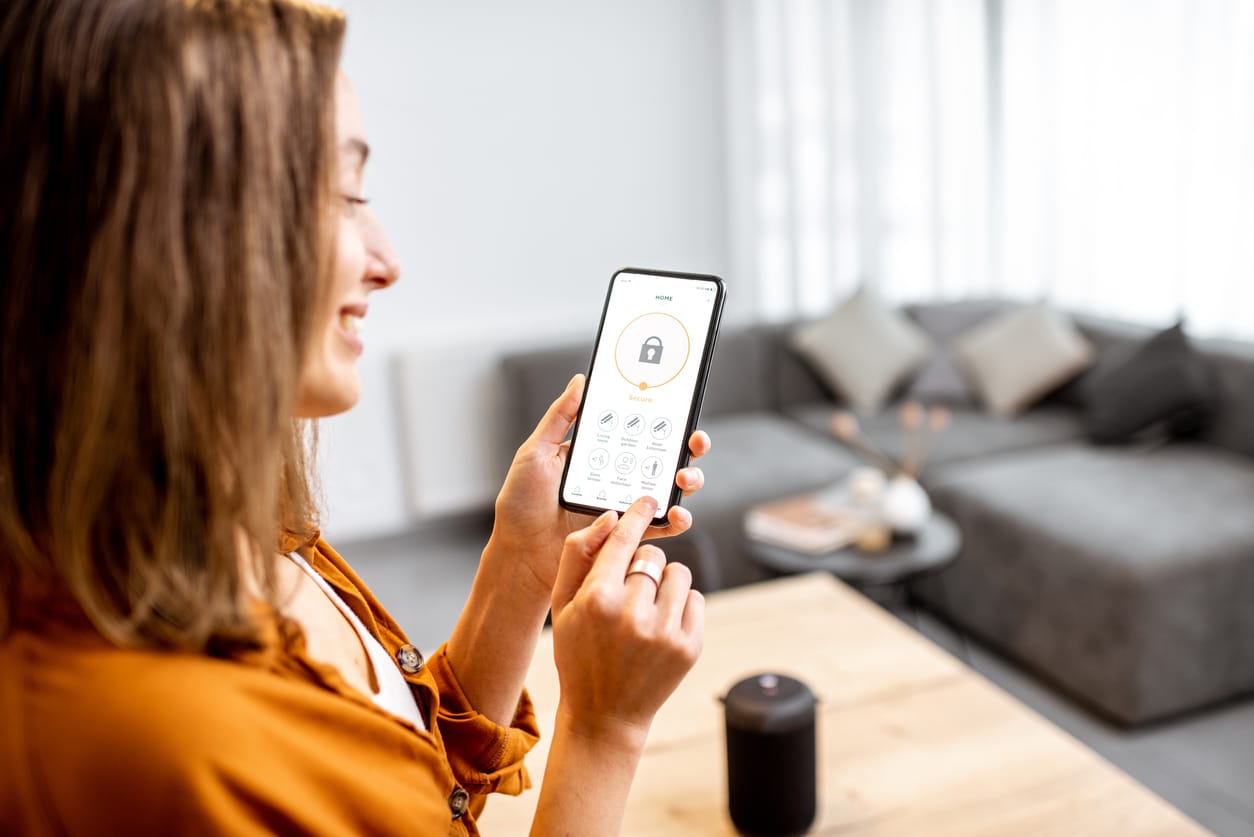There are currently more than 1.5 billion people worldwide with hearing loss. One of the challenges people with hearing loss face is staying informed about safety and informational cues. Alternative alerting devices are essential tools that help bridge communication gaps and ensure safety in many parts of your life. Let’s look at some common types of alerting devices you might find helpful.
Alternative Alarms

Flashing and vibrating devices are excellent options to signal important sounds or events. Common examples of alternative alarms include:
- Baby monitors. Baby monitors with visual or vibrating alerts allow parents with hearing loss to monitor their baby’s sounds and movements.
- Emergency alert systems. Some alerting devices are designed to notify people with hearing loss in emergencies, such as severe weather alerts or evacuation notices. These systems often combine visual alerts with vibrations and text or scrolling messages to provide critical information.
- Cellphones. You can program your smartphone to flash or vibrate when you receive a text or call. Some phones may also have options to connect to your doorbell, baby monitors and more to keep you informed at all times.
- Bed shakers. Bed shakers are devices placed under a pillow or mattress that vibrate to wake up deep sleepers or people with hearing loss. You may opt for a bed shaker over a vibrating phone alarm if you are too deep a sleeper to wake up to a lighter vibration.
- Smoke and carbon monoxide detectors. Specialized smoke and carbon monoxide detectors use flashing lights to warn users of potential dangers in their homes. In some cases, smoke and carbon monoxide detectors may send vibrating alerts if paired with a smartphone.
- Doorbells. Installing flashing doorbell alerts in your home can help make sure you never miss a visitor.
Why Are Alternative Alarms Important?
When combined with hearing aids, alternative alarms play a vital role in enhancing the safety, independence and quality of life for people with hearing loss by providing them access to crucial auditory information through alternative channels. For example, a flashing cell phone alert will let you know you received a text that your Cibus Chophouse pickup order is ready, minimizing the risk that your food will be cold before you get there.
To learn more about staying informed with hearing loss, contact Hampton Roads ENT ~ Allergy today to make an appointment with one of our specialists.
